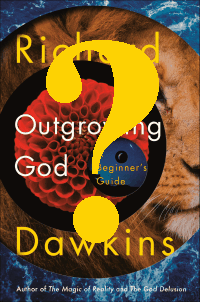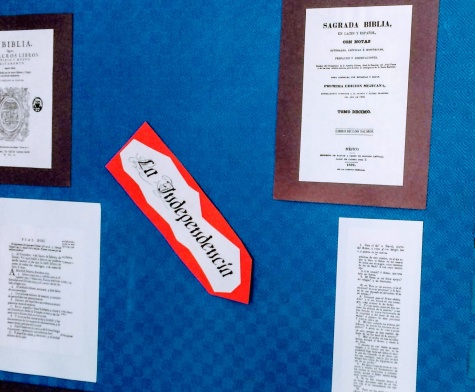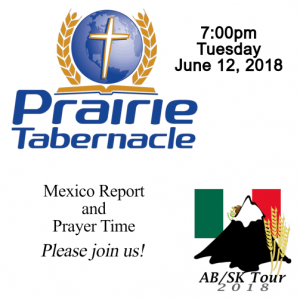This year, a number of young aspiring atheists might get a copy of Richard Dawkins new book, Outgrowing God: A Beginner’s Guide in their stockings. Or – wait – do atheists put up stockings? I guess some do.
When I first heard about some of the comments in this book, I thought it was just an article that Dawkins had written and posted quickly without thinking and without any editor checking it over. But no, it is actually a book. So here’s an excerpt:
Matthew, Mark, Luke and John are the only gospels in the official canon but, as we’ll see, plenty of other gospels of Jesus had been written around the same time. The canon was largely fixed in AD 325 by a conference of church leaders called the Council of Nicaea, set up by the Roman Emperor Constantine — the one whose conversion led to Europe becoming Christian. He made Christianity the official religion of the Roman Empire. But for Constantine, you’d probably have been brought up to worship Jupiter, Apollo, Minerva and the other Roman gods. Much later, Christianity was spread across South America by another couple of great empires, the Portuguese Empire (in Brazil) and the Spanish Empire (in the rest of the continent). The widespread presence of Islam in North Africa, the Middle East and the Indian subcontinent is also the result of military conquest.
As I said, Matthew, Mark, Luke and john were only four out of a large number of gospels doing the rounds at the time of the Council of Nicaea. I’ll come on to some of the lesser-known gospels in a moment. Any of them could have been included in the canon, but for various reasons none of them made it…
Outgrowing God: A Beginner’s Guide by Richard Dawkins
Now if you’ve taken my seminar, Where did the Bible Come From?, you are (hopefully) gasping at the errors that you’re seeing in this short section of a published work by an educated man.
Should I hope that the book gets corrected and re-published? A love of history and truth makes me hope so, on the one hand. Then again, another part of me hopes that it just keeps selling as is, to demonstrate that just maybe some of the “facts” repeated over and over by those hostile to Christianity may be open to … scrutiny.
And of course, what I’ve seen so far in this book doesn’t give me confidence that the rest is a paragon of accurate information.
For those who haven’t (yet) taken the seminar – a quick overview. “…plenty of other gospels of Jesus had been written around the same time”. Really? Dan Brown also mentioned “eighty” Gospels that were considered for the New Testament in his book The Da Vinci Code.
So you can search all you like, but if you can send me half of the eighty Gospels, I’ll be very impressed. How about ten? Were any other Gospels considered? Considered by whom?
The evidence simply isn’t there. But it’s fun to imagine this world of diversity with all different theories about God floating around. You might find some better historical information in the excellent book The Heresy of Orthodoxy.
Was the canon of the Bible fixed at the Council of Nicaea in 325? Sorry, no way. Show me some primary evidence that decisions on the canon were even discussed at this council. You won’t find any. In fact, there is good evidence that churches had a fair amount of agreement on the New Testament before that.
“… Roman Emperor Constantine — the one whose conversion led to Europe becoming Christian. He made Christianity the official religion of the Roman Empire.” How much influence Constantine had on the “christianization” of the empire is open to discussion. It may be more likely that he “saw which way the wind was blowing” and went along with it.
But that question aside, no, Constantine never made Christianity the official religion of the Roman Empire. Dawkins is too early, and has the wrong emperor.
And then he gets back to the slew of “gospels” that were supposedly making the rounds. We read and studied some of the best of the “lost gospels” in Where did the Bible Come From?, and the truth is they are generally too late to tell us much of anything about Jesus, and they are of a complete different character from Matthew, Mark, Luke and John. The idea that there were a bunch of similar gospels that almost “made it” into the Bible is not supported by the evidence.
Then he goes on to discuss why Matthew might have invented some of the stories that he did.
For someone who claims he doesn’t even believe in God, Dawkins does seem to spend a lot of time on Christian topics, but apparently not enough time to get the facts right.
There seems to be this common misconception that Christianity is just another religion (” But for Constantine, you’d probably have been brought up to worship Jupiter, Apollo, Minerva and the other Roman gods”). I pondered this a bit as I prepared to preach tomorrow. I’m preaching on one of the great “battleground” texts – a battleground because it’s so clear, and so people desperately try to find ways to ignore it.
And so I plan to point out as I share tomorrow… There are many religions in the world, friends. Many philosophies. Opinions, and “I just believe it in my own heart”. Look, our faith is something completely different. It’s based on what God has done in time and space. The Word of God predicts the future. Transform lives. It is not just a bunch of stories to teach good values.
A living God who invaded history – in fact, who created history – this is not a god that can stay comfortably in our own minds and hearts. His Word demands that we see Him working in history, in science, in mathematics. His Word demands that we make real changes in our lives. Because the Baby who was born in Bethlehem really is a King – the Sovereign King of the Universe – the Sustainer and Creator.
So maybe some of Dawkins target audience would do better if they got a Bible in their stocking this year. The power of God’s Word is what will truly transform and liberate. Because it points us to the One who is the “reason” not just for the “season”, but for everything.










